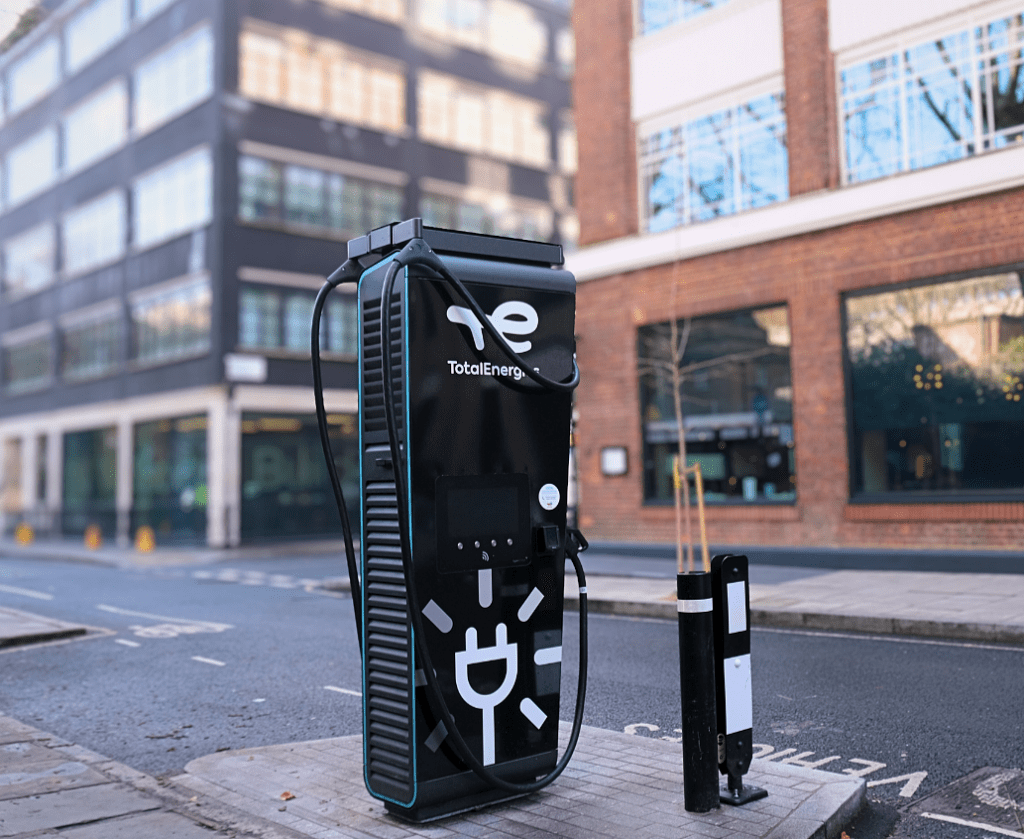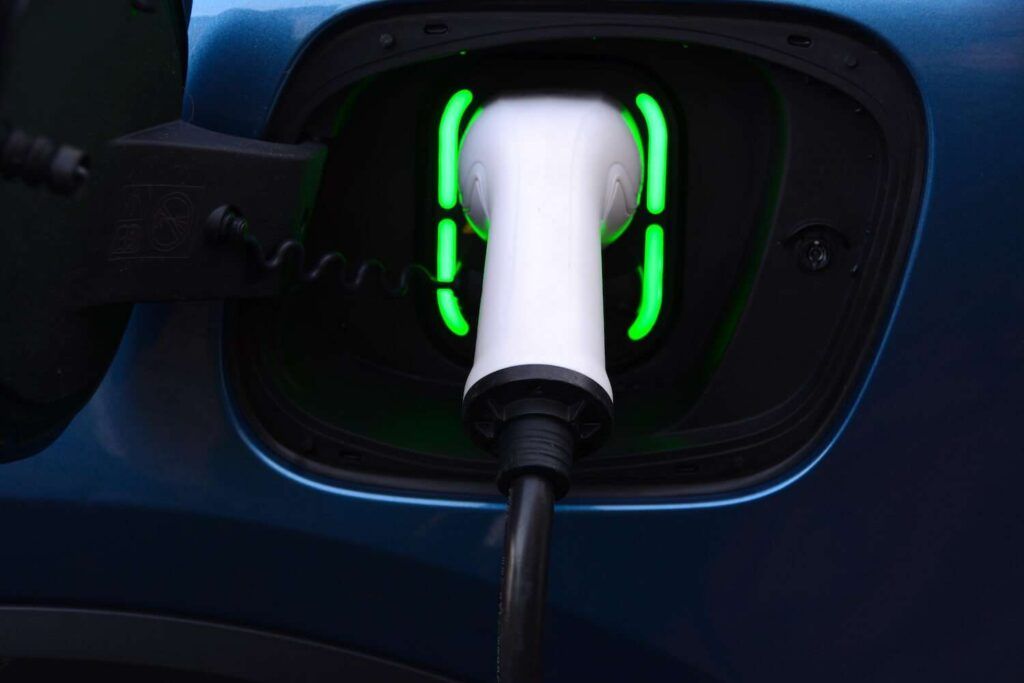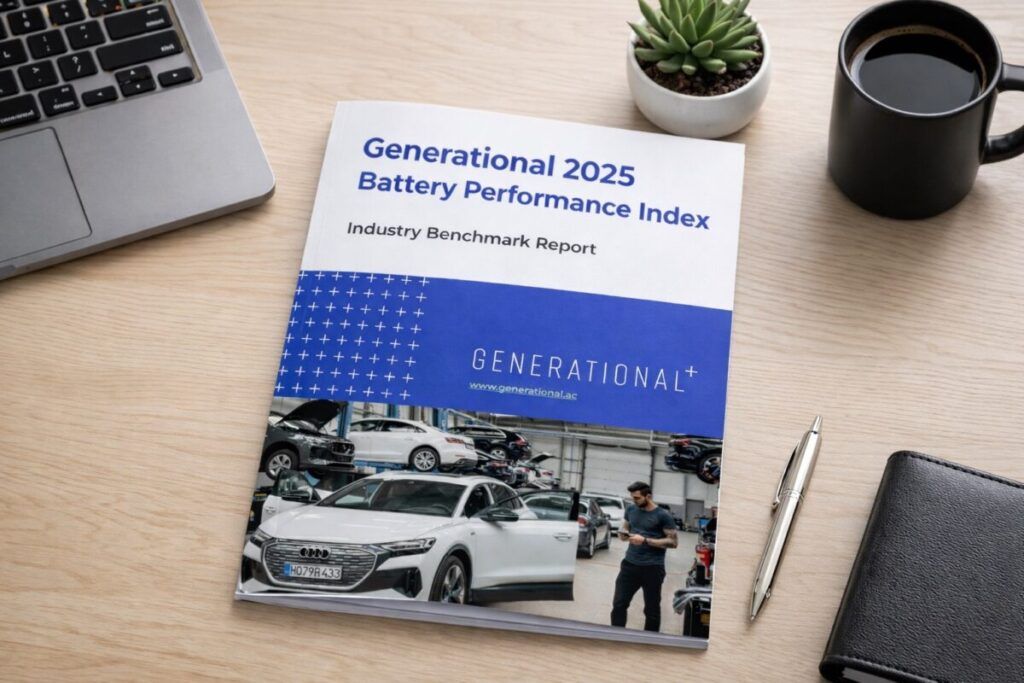A joined-up and pragmatic approach to meet climate change aspirations, together with winning hearts and minds, are all vital to ensure a sustainable East Midlands and ensure the region meets the legal target of becoming a net zero carbon economy by 2050.
This was the conclusion following the Institution of Civil Engineers (ICE) President, Rachel Skinner’s, visit to the region, where a number of infrastructure and senior leaders from local government, local enterprise partnerships, education and civil engineering companies joined together to discuss the carbon net zero challenge.
The attendees agreed that whilst much work is already being done at a regional level, there is still an opportunity to improve cross-sector collaboration and best practice sharing – not just regionally, but nationally and internationally too.
Participants also discussed the role technology can and must play, how national frameworks would help ensure a consistent approach and that sustainability is prioritised, how private-public joint ventures are vital, and all agreed that the time to act is now.
Rachel Skinner, ICE President, said: “It was great to hear more about the diverse examples of action within the East Midlands to work towards a net zero carbon position by 2050. It is clear from the roundtable that collaboration – particularly between the private and public sector and with communities – as well as equipping civil engineers with the right skills and technology are vital if we are all to start making a real difference.
“I do hope that by bringing key people together during my visit and encouraging fresh debate, we are helping to lay the foundations for continuing close working and stronger partnerships.”
Ben McGrath, ICE East Midlands Regional Chair, said: “The need for various local and regional authorities to work together has never been more important. It is vital that civil engineers are part of this approach and continue to work together, across sectors and industries, to discuss what challenges and opportunities there are to create a greener and more sustainable East Midlands.”
Image: Shutterstock












